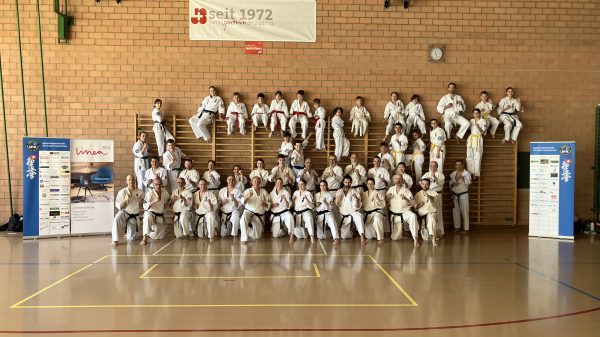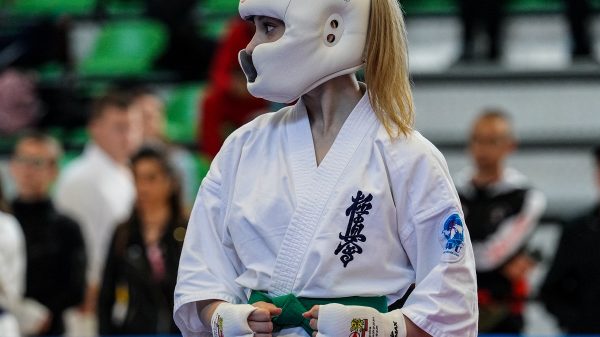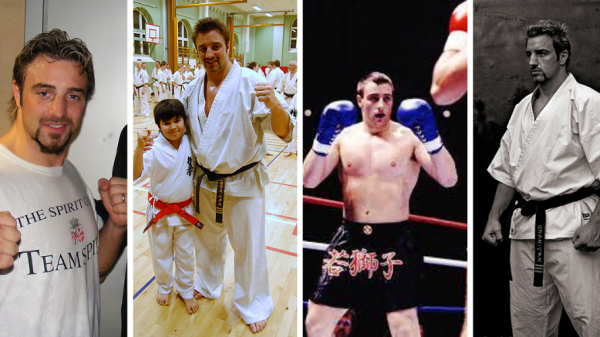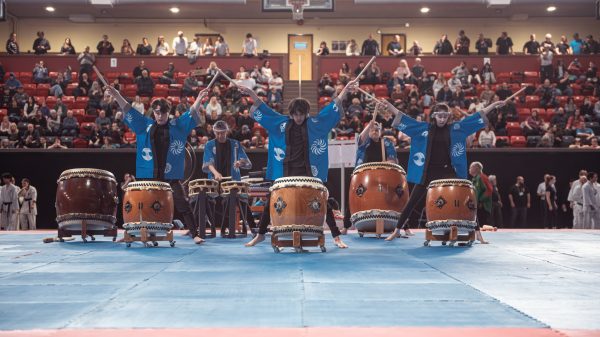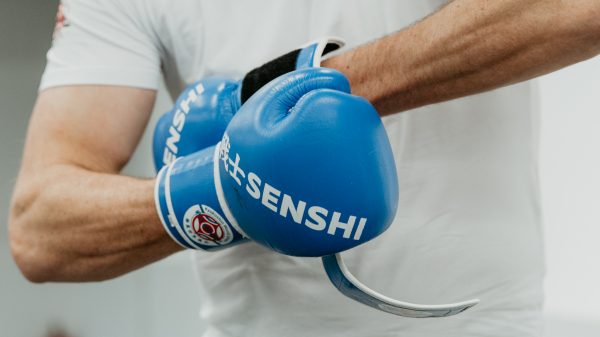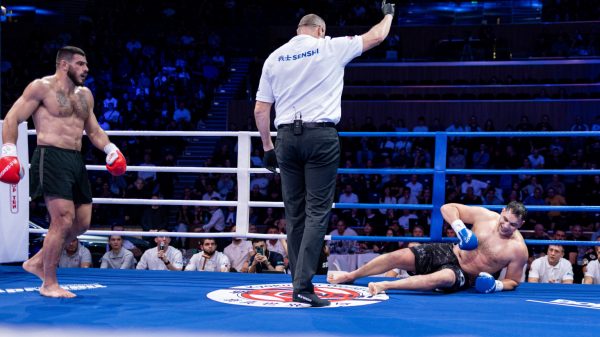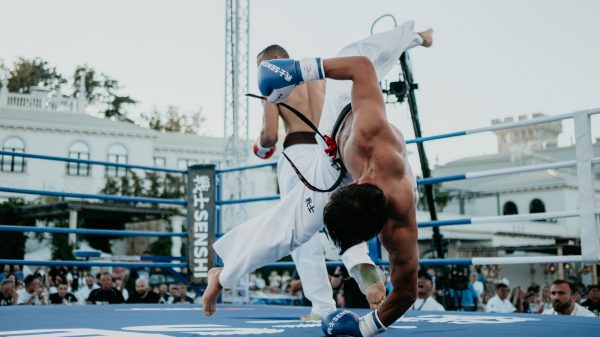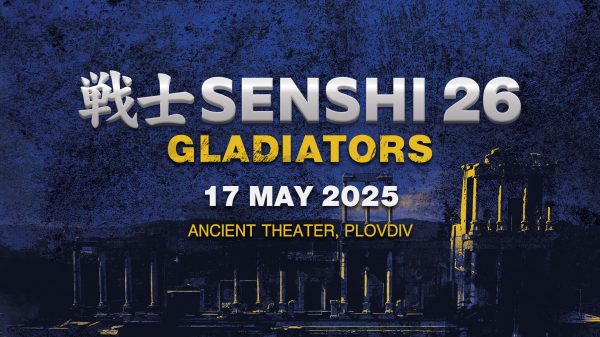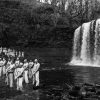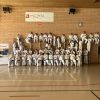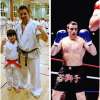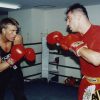If your mind is the captain, your body is the airplane. Educating the pilot and training them to fly during emergencies and make the correct decisions under stress is the most important job that any airline or Air Force flight school can do. As with driving, most airplane crashes and accidents that occur are due to human (pilot) error rather than mechanical failure.
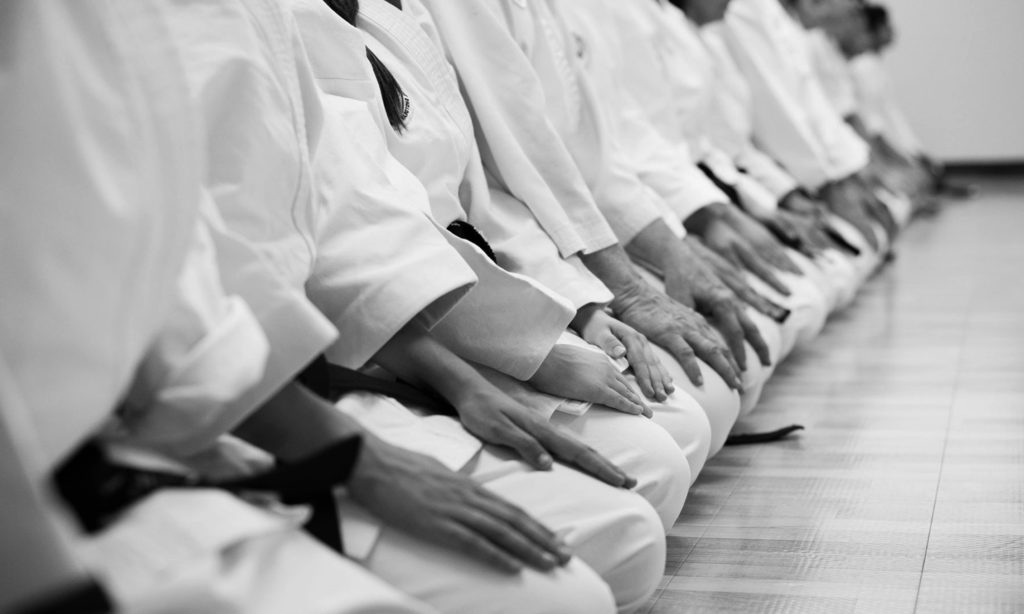
It’s easy to be happy when you are healthy and successful. But how do you respond in times of trouble? How do you deal with disappointment, failure, and defeats?
Though we (the writers) originally came from the world of martial arts, training of military units/special forces, and dealing with violence and combat, we also have academic backgrounds and like you, we live in a world where not every confrontation is violent or physical.
Every confrontation has mental components. Every day, throughout the day, we have lots of these small and stressful nonphysical conflicts, from those annoying ones with the mother-in-law who invited the family to dinner on a busy night to the neighbor who’s blocking our car in for the third time this week, to the boss who is either openly hostile or, on the other end of the spectrum, entirely too amorous.
To withstand any kind of conflict, you need mental resources. We all know that to win a street fight, overcome a criminal has who invaded our home, be victorious on the battlefield, or just finish a strenuous training session or competition one must call upon mental capabilities like perseverance, controlled aggression, determination, courage, and focus. Giving up is definitely not an option. Those capabilities are in addition, or even the base of, the physical and technical components that should be used to prevail those ordeals. So in the daily life of a modern human, it is important for you to train your mind so you’ll be able to function at your peak during a meeting with your employees, a family gathering with people who may criticize your thoughts and way of life, or (if you are a student) during stressful exams.
Have you ever asked yourself, “Am I controlling my mind or does it control me?” This is an excellent question to ask yourself when you find yourself with sweaty palms, a racing heart, and legs twitching nonstop. You’ve probably felt some of these side effects of nervous energy at one point in your life, whether it was before a big competition, during your presentation at an important company meeting, or when you stepped up to ask that special someone to prom. Trying to control your mind probably felt like trying to reign in the prize bull at a Texas rodeo. What can you do about this wild mind?
There are three pillars of mental training that we teach special forces, LEOs, corporate managers, KMG trainees, and warriors. These are the same as those we should teach also martial artists, and students of all ages. They are:
- Combat Mindset – Developing courage, determination, and controlled aggression and enthusiasm alike.
- Focus and Concertation – Recruiting and channeling all the mental (and physical) resources to do the mission. The mission can be staying still and paying attention to breathing, or dealing with multiple attackers while defending the self and others.
- Relaxation and Defusing of Destructive Emotions – Examples of destructive emotions are fear, frustration, anger, anxiety, and hate. Instead, focus on relaxing the muscles and mind.
It’s simple (analogical to training techniques in martial arts or realistic self-defense system like Krav Maga): You need to get the tools and knowledge for taming and harnessing the wild mind. Then, through a specific mental training regime, you’ll be able to perform much better during all missions, jobs, and duties. Eventually, after much training, you’ll reach a point where these things will be done effortlessly, with the best possible self-control and maximum attention, while applying the needed mental resources with minimal stress and exertion.
By Master Eyal Yanilov And Dr. Ole Boe


